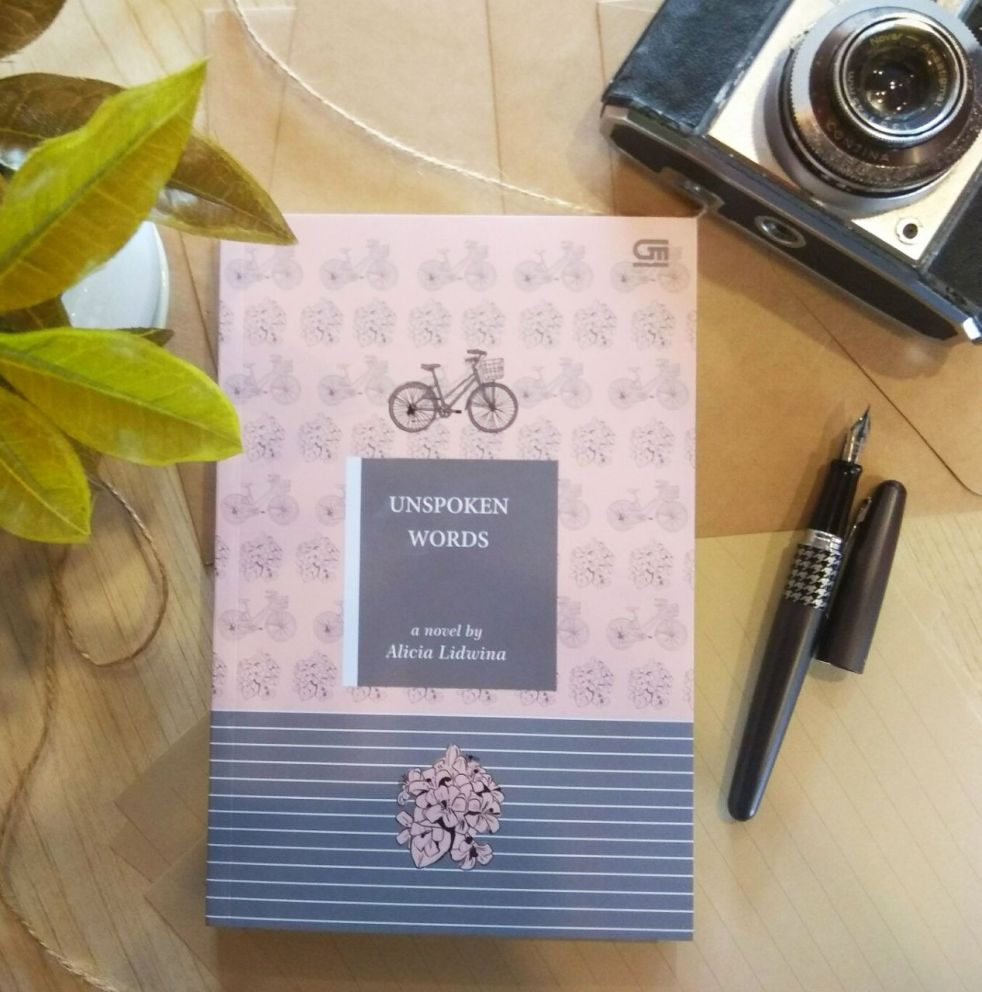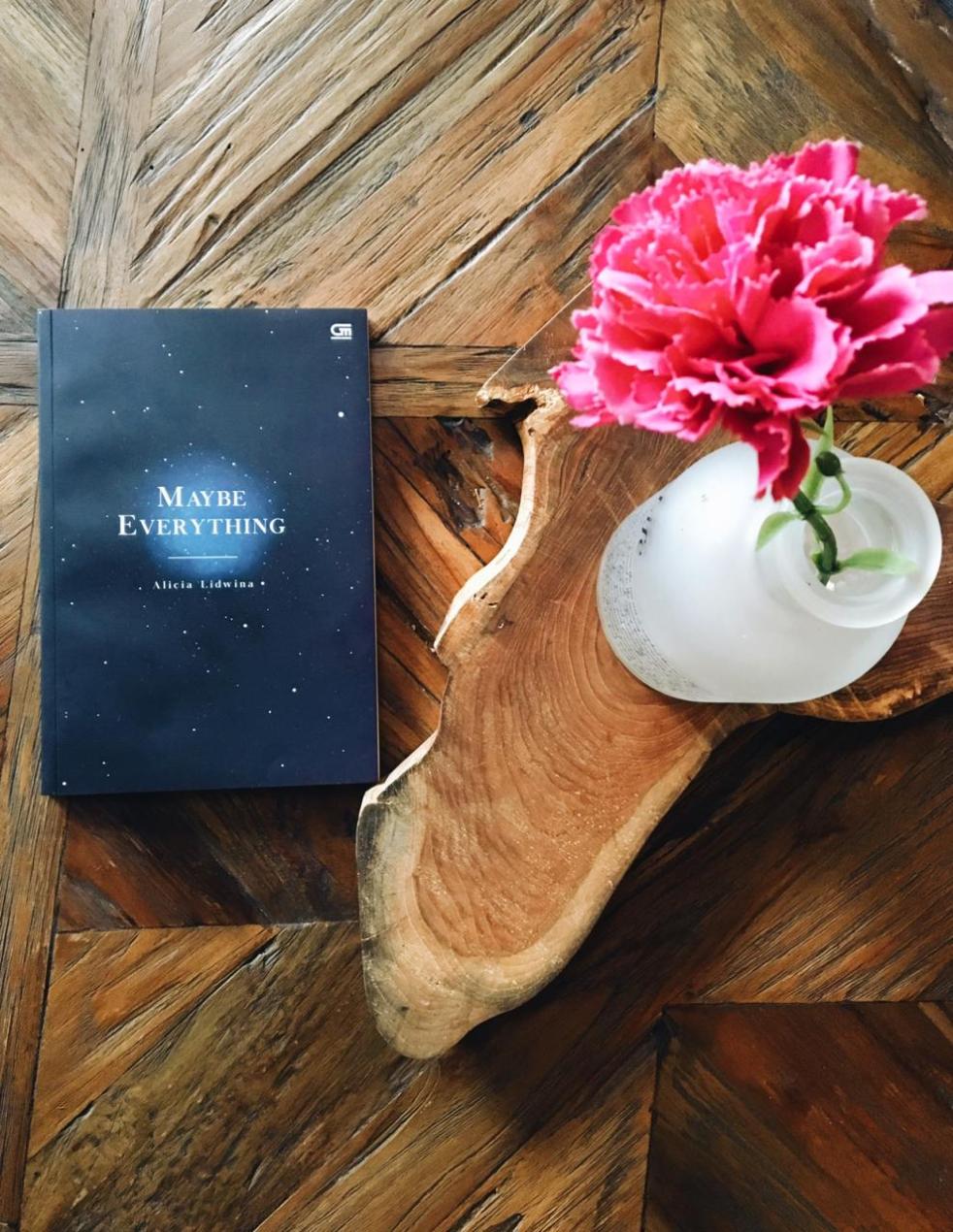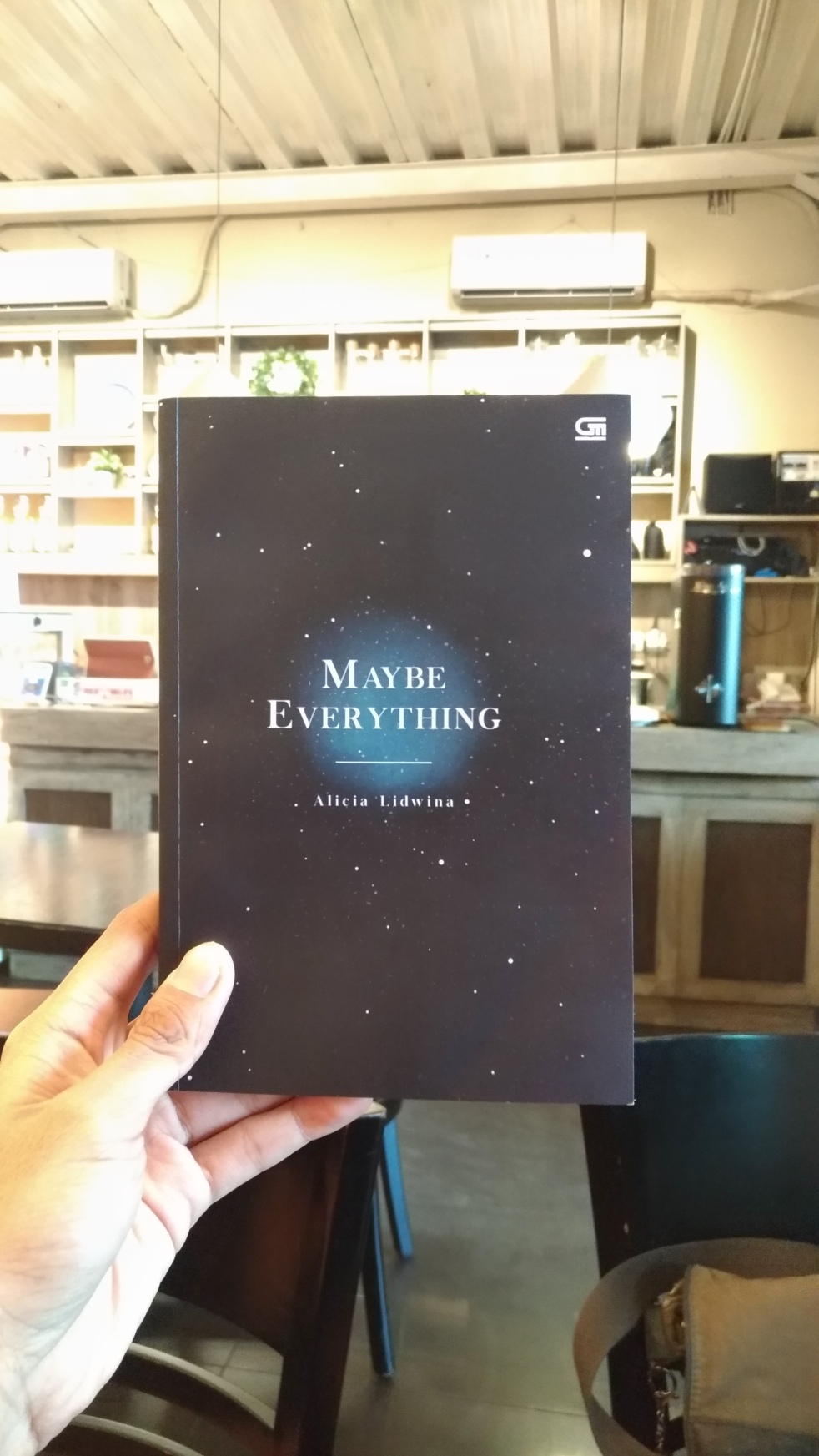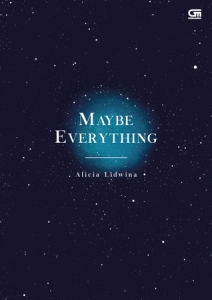I recently tweeted:

And if you are a writer like me, or if you at least have tried creative writing to some extent, you’d probably realize that this is true. I’ve heard professional authors who preached about writing as some sort of a habit, and that inspiration is overrated—but there’s no denying that the stuff you do feel really strongly about makes a better piece of art than the stuff you don’t.
I’ve received numerous requests to write another book in the past few months, mostly since the release of my second book, Unspoken Words. And while I know the good intentions behind these requests, I can’t help but to feel powerless when I couldn’t find this figurative “inspiration well” to draw my words from.
It’s not like I haven’t tried, of course. I’ve started a bunch of projects after Unspoken Words, hoping that at least one of them would make it until the last chapter. But I always run dry of inspiration midway. Some suggested me to plow through and write gibberish until I find my inspiration again—but that never led to good results.
It was then when I started to analyze my writing quirks: what works for me, and what doesn’t. Not being able to produce anything noteworthy forces me to reflect on my past endeavors, and draw a conclusion that might shed some light.
***
I used to think that there was this certain threshold of writing quality I need to meet before I could get my manuscript published. I couldn’t explain what criteria is this threshold looking for, but I was convinced that there is this invisible barrier preventing me from getting published because my writing skills are not good enough.
For the most part, I still think it is true. But there is more to it than you would think.
A good author friend of mine once told me, that in order to “make it”, us writers simply have to write enough words for the manuscript to qualify as a book, and then bleed all over it. Figuratively, she said we have to gouge our hearts out, and slather it all over our manuscript to give it a “soul”.
…okay that description was actually pretty graphic. But you get her point.

In reality, I think there is some truth in that. I’ve written novels since I was 10 years old, but it was only after finishing 3 (Tiga) did I feel so exhausted, so vulnerable, and so fulfilled. I’ve written countless manuscripts before, but there was just something about 3 (Tiga) that felt different.
So what is actually “different”? How does one “bleed all over” when creating art—more specifically, when writing a book?
After getting 3 (Tiga), Unspoken Words, and Maybe Everything published, I’ve noticed that these are the things that allow me to “bleed” when I’m writing. These are probably the things that make me feel strongly about my writing project, and in turn, make my readers feel strongly about it, as well.
***
Exploring Vulnerability
One of the key difference I’ve noticed is that 3 (Tiga) tackles one of my most personal vulnerabilities: the fear of solitude. I always have this fear that one of these days, I would wake up and lose all my family and friends. A fear of being a stranger in an environment you thought was always going to be your “home”.
It also explored the theme of love. While previously, I had mostly written fantasy, mystery, and horror novels (yes, I did), 3 (Tiga) was the first manuscript I’ve attempted to incorporate the theme of “love” into.
The following book, Unspoken Words, also explored one of my vulnerabilities: the fear of regret. I think most of us can relate to having a mother that would want the best for her children, and how as a child, we are scared of one day losing them without ever being able to repay their love. It has been one of the themes that strikes closest to home for me, and for good reason.

And of course, Maybe Everything. It’s a collection of my writings when I was deeply in love, as I have pointed out previously. So it might not come as a surprise when I tell you this was also one of the most personal writings I’ve ever penned. Especially since it explores my fear of addiction.
So does that mean we have to write about out deepest fears and vulnerabilities, in order to make our readers feel strongly about our writings? To be honest, this isn’t a question I can answer with utmost confidence. But I do know that by writing about our deepest fears and vulnerabilities, we would feel strongly about our book.
And that, I believe, transfers to anyone reading the manuscript. Have you ever read a book, or listened to a song, that is so emotional, you could feel it haunting your mind? If a piece of art is like a mirror of the creator’s soul, then the only way to make a reader feel strongly about your works is for you to feel strongly about it, too.
***
Making It Relatable
Nothing puts me off more than reading about characters that are either too good, or too bad to be true. We’ve all read about it—stories with super good-looking characters with no apparent flaws, who for some reason have the whole world hating on them, for example.
Part of the reason why I shifted to writing stories with realistic stories, as opposed to my previous works with fantasy settings, is because I want the story to resonate with my readers. Of course, I didn’t mean you couldn’t write a fantasy novel since people couldn’t relate with it—I simply wasn’t able to write believable fantasies, hence the shift to realistic settings. We can write about dragons, animals, vampires—anything. There is only one thing to remember:
Keep them human.
No, I didn’t mean (species) human. I meant to make them have humanely characteristics in their personalities. Make them feel love. Make them fear something. Give them a realistic dream. Make them hate something. Give them strengths, weaknesses, and quirks. Make them human.

I’ve talked about making a good art that is a reflection of the creator’s soul. But at the same time, a good art should also reflect the reader/listener/viewer’s soul. They have to empathize with the artwork to make them feel strongly about it.
If it is a novel, the reader should at least empathize with the main character. If it is a painting, the evocative imagery it brings should remind the viewer of their own experiences/desire/etc.. If it is a contemporary song, the listener should empathize with the lyrics and the melodies for them to feel strongly about it. Think about that one song that always have a special place in your heart. There should’ve been something in the lyrics that hits you hard.
***
Keeping It Simple
Sometimes, you don’t have to write a grand scene to get your points through. If you want to show that character A loves character B, you don’t really have to write a confession scene with beds of roses and presents. You could just show it through how A always offers B a ride home from school, despite their houses being on the opposite directions, for example. Or by subtly mentioning how A is always the first one to send B a Happy Birthday message every single year—feelings that are grand and strong always come from the littlest of things.

I find that by eliminating the need to “impress” readers with superlative scenes, I was able to focus more on what the characters are thinking. By keeping everything simple, I find it easier to write narratives that are more honest and grounded. This way, we can focus more on conveying our vulnerabilities, which in turn will make the artwork more relatable to the consumer.
Of course, there are big scenes that make me feel strongly about, too. But for me personally, I’ve always found the most memorable of scenes to be the ones with no bells and whistles. To put it in perspective, I enjoy grand and luxurious scenes. But the innocent, simple scenes with only the characters facing their vulnerabilities? Those are always the ones that make me feel like a shipwreck.
***
Aptly said, the three things above are only the things that worked for me. In this creative industry, I don’t think I’ll ever feel comfortable sharing writing tips, because I don’t feel like I’m qualified to do it. But I also believe that we can always share our personal experiences, in hopes that someone out there might be able to put it to a good use.
So there you have it, the three things I’ve learned from writing 3 (Tiga), Unspoken Words, and Maybe Everything. They are my “golden rule” of making a story that I feel really strongly about, which in turns (hopefully) make the readers feel strongly about it, as well.
Do you agree with what I’ve written above? Do you have your own knacks of writing a story that makes people feel strongly about? Please kindly share your thoughts in the comments section below. Would love to hear from you!
***
Speaking of which, Maybe Everything will be available to purchase starting Monday, September 24, 2018. Some areas closer to Jakarta might even have it on display from Friday—which means by the time this blog post gets published, you might have already read a few pages, or even completed, the book.

If you love the book, please kindly drop a review on Maybe Everything’s Goodreads page, or just reach out to me on my Instagram or Twitter to let me know what do you think about it!
***
I will be posting new content every Saturdays, be it writerly stuff, or just things that I like to write about. This includes my own stories, information about my books, and things that interest me. Keep yourself updated by following me on Twitter and Instagram.


I like this post for its honesty–and that’s also one of the things, that imo, makes a good piece of art. Honesty. Truth–about the character, about their lives, their stories, and in turn about our own lives.
Vulnerability showed truthfully, a reader’s fear staring right back at them from a page–this stuff makes for fiction that packs a punch, but it’s important to remember that alot of people read to escape their own lives’ truths.
LikeLiked by 1 person
Hi Deeja! Thank you so much for taking the time to leave a comment.
Yes, I realize there are people who read to escape from their own lives’ truths, so at the end of the day, it really depends on the writers; what kind of stories do they want to tell? What kind of feelings do they want their readers to have?
For me, at least personally, the stuff I wrote in this blog post is what I strive for when I’m writing fiction. 🙂
By the way, I’ve noticed that you’re a writer, too. What kind of stories do you strive to tell? Would love to hear your perspective on this!
LikeLiked by 1 person
❤
the kind of stories that make people feel, and think, about things that they might not have considered before.
LikeLiked by 1 person
Instantly decided to follow your blog. Good luck, from one writer to another ❤️❤️❤️
LikeLiked by 1 person
thank you! ❤
LikeLike